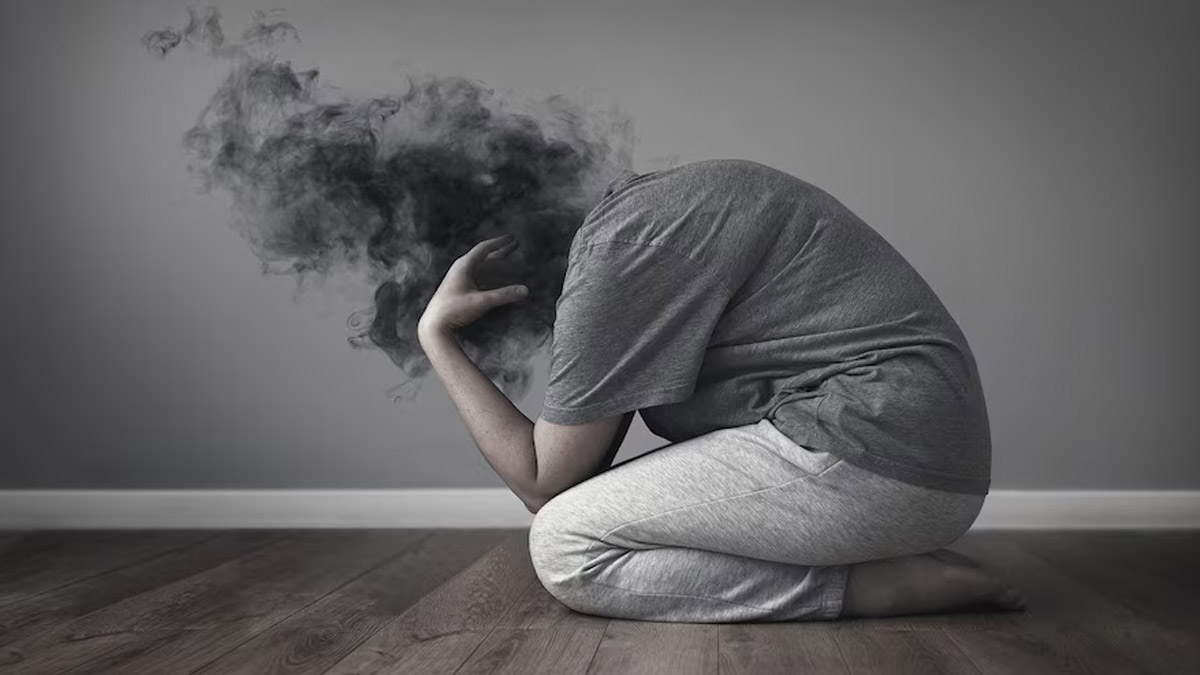
Experiencing an anxiety attack can be overwhelming and distressing, especially when you are experiencing it for the first time. Everyone's experience with anxiety is unique and so their way of dealing with one will also be different. If you or someone you know deals with anxiety, you understand the need to pull them out of those few excruciating minutes. Fortunately, there are strategies that can help you navigate through these challenging moments.
Table of Content:-
Tips to Survive An Anxiety Attack
Here are some tips to help you survive an anxiety attack:
1. Recognize the signs
Become familiar with the symptoms of an anxiety attack, which can vary from person to person. Common signs include rapid heartbeat, shortness of breath, dizziness, chest pain, trembling, and a sense of impending doom. By recognizing these signs, you can remind yourself that you are experiencing anxiety and not a life-threatening situation.
2. Practise deep breathing
Deep breathing exercises can help regulate your breathing and reduce the intensity of physical symptoms during an anxiety attack. Take slow, deep breaths, focusing on filling your abdomen with air rather than shallow chest breaths. Exhale slowly, letting go of tension and stress.
3. Ground yourself
Grounding techniques can help anchor you to the present moment and alleviate feelings of detachment or disorientation. Engage your senses by identifying and describing objects around you, or try the "5-4-3-2-1" technique: Name five things you can see, four things you can touch, three things you can hear, two things you can smell, and one thing you can taste.

Also read: Shilpa Shetty Takes Up The Viral StandUpChallenge: Says Keep Trying, Push Yourself
4. Challenge negative thoughts
Anxiety attacks often involve a flood of negative thoughts and catastrophic thinking. Challenge these thoughts by asking yourself if there is evidence to support them or if there might be alternative explanations. Remind yourself that anxiety can distort perception and that the intensity of your feelings will eventually subside.
5. Seek support
If possible, reach out to a trusted friend, family member, or mental health professional during or after an anxiety attack. Sharing your experience with someone who understands can provide comfort and reassurance. Consider building a support network of people who can offer assistance when you need it.
6. Practice self-care
Engage in activities that promote self-care and relaxation. This may include exercise, spending time in nature, listening to calming music, practising mindfulness or meditation, or engaging in hobbies you enjoy. Taking care of your overall well-being can help reduce the frequency and intensity of anxiety attacks.
7. Consider professional help
If anxiety attacks become a recurring issue and significantly interfere with your daily life, it may be beneficial to seek professional help. A mental health professional can provide guidance, support, and therapeutic techniques tailored to your specific needs.
Everyone's experience with anxiety is unique, and what works for one person may not work for another. It's essential to find strategies that resonate with you and create a plan that addresses your specific needs. With time, patience, and the right tools, it is possible to navigate anxiety attacks and regain a sense of calm and control.
Also watch this video
How we keep this article up to date:
We work with experts and keep a close eye on the latest in health and wellness. Whenever there is a new research or helpful information, we update our articles with accurate and useful advice.
Current Version
